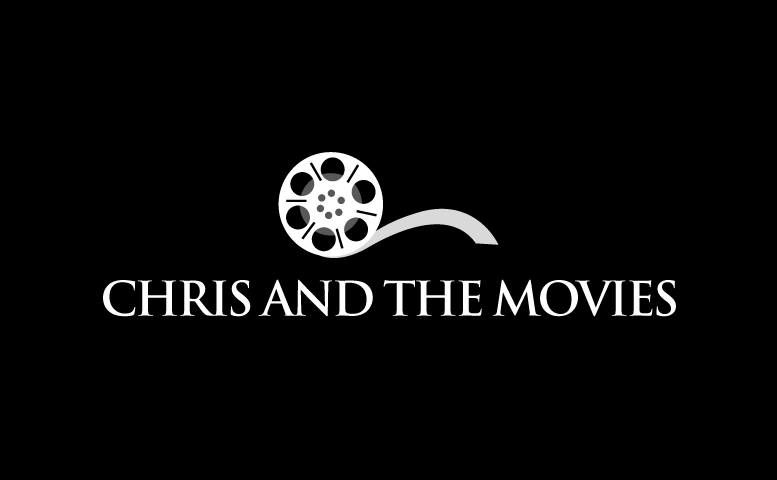I can tell you exactly what a four-star movie is. A four-star movie is one in which you leave the theater thinking about. It's a film you tell your friends they have to see. Sometimes a four-star movie is one that is one of the year's best, but you're not sure if it will ultimately stand the test of time (though you're confident it will). Some recent examples include "Wadjda," "Mother," and "12 Years A Slave." Some might require a second viewing for you to know that, indeed, they are essential films made by master filmmakers; for me, "2001: A Space Odyssey" and "Goodfellas" come to mind. And some, like "The Wizard of Oz," "Modern Times," and "Schindler's List," will live with you forever.
I can tell you exactly what a three-star movie is. While a three-and-a-half star movie is one that is really good (but not quite great), like "To Kill A Mockinbird" or "The Wolf of Wall Street," a three-star movie is good but ultimately forgettable. Some recently three star movies I've seen are "Trees Lounge," "Die Hard With a Vengeance," "The Battleship Potemkin," "About Elly," "Going Clear," and "Withnail and I." Some are guilty pleasures, like "Congo." I hope that the majority of the films made each year achieve at least three stars, for viewers deserve to be inspired and entertained, not irritated and maddened, by their experience with the movies.
But now I come to the movies that do madden us. Two-and-a-half stars go to bad movies that are bad but not awful. Some (like "Spider-Man 3") start off decently but progressively fall apart with each passing minute. Some are betrayed by their ambition (like "The English Patient") and probably would have been better kept in the written word. (Add the injustice of "The English Patient" beating a much more deserving film like "Fargo" for Best Picture, and it fuels the motivation to give it a low ranking.) Some (like "Man of Steel") simply have good elements but too many bad ones. These films have at least some good qualities to them, unlike the dreaded two-star movies, which in reality probably are the majority of movies. It's easy to qualify these films: they are bad. "Westworld," "Waterboy," "The Lost World: Jurassic Park," "License to Kill," and "Shadow Dancer" are all, for various different reasons, bad.
The (fortunately) rare movies that get one star are movies that make your blood boil, like "Grey Gardens," a horribly overrated documentary that made me think it would have been better to spend an-hour-and-a-half listening to cats mate while simultaneously scratching their claws on chaulkboards. Some, though, like "The Tingler" or "The Giant Claw" are, of course, so bad, they're good. Fortuantely, I cannot think of any zero-star movies off the top of my head. It should be noted, however, that viewing these sordid movies is necessary to remind oneself to really appreciate the good ones.
I have no idea what a five-star movie is. No one has ever been able to explain to me what is is. I don't understand why Rotten Tomatoes, Flixster, and others use it (or why IMDB uses a whopping ten). The five-star rating is superfluous; just use four.













